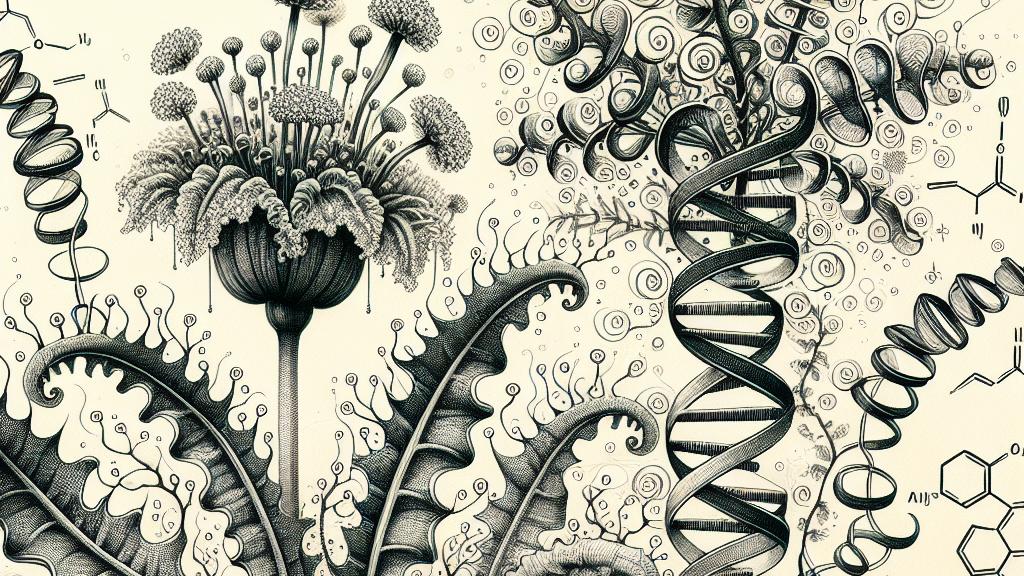Understanding How Plants Evolved to Override Genetic Instructions
Overview
- Explore the fascinating ways plants ingeniously modify their genetic blueprints.
- Understand the crucial role of DNA methylation in enhancing resilience.
- Discover how these revelations could transform agricultural practices globally.

The Study's Background: A Breakthrough in Plant Biology
In an exciting revelation from Washington University in St. Louis, researchers have unlocked secrets about how plants, specifically Arabidopsis thaliana, adapt to their environments. This study reveals the intricate process of DNA methylation, where tiny chemical groups attach to DNA, influencing which genes are activated or silenced. This remarkable mechanism allows plants to respond effectively to various environmental stressors, such as drought and extreme temperatures. As scientists delve deeper into these biological processes, we gain an invaluable understanding of how plants withstand the pressures of climate change—essential knowledge, considering the growing challenges facing agriculture worldwide.
The Role of Methylation Enzymes: Nature's Adaptive Toolkit
At the heart of this research lies a focus on two remarkable enzymes: CMT3 and CMT2. These enzymes play intricate roles in the methylation process, with CMT3 specializing in CHG sequences, while CMT2 targets CHH sequences. This differentiation showcases how plants have evolved a sophisticated toolkit for genetic regulation, enhancing their ability to adapt. Intriguingly, CMT2 is a descendant of CMT3, demonstrating nature's ability to innovate. By losing some of its original functions yet gaining new capabilities, CMT2 exemplifies a fascinating aspect of evolution—how challenges can lead to new opportunities. The study underscores the beauty of biological complexity and adaptation that has occurred over millions of years.
Implications for Future Research: Paving the Way for Agricultural Innovation
The implications of these findings extend far beyond the lab, potentially revolutionizing agriculture. Imagine crops that can flourish even in less-than-ideal conditions, engineered to withstand drought or nutrient-poor soils. With the insights from this research, scientists can identify the specific genes responsible for these traits, opening the door to innovative breeding techniques. Such advancements could not only bolster food security but also promote sustainable agricultural practices that respect global ecosystems. Understanding how plants adapt provides hope for a future where we can grow more resilient food sources, ensuring that humanity can face the challenges of an uncertain climate. This pivotal research could indeed transform the landscape of farming, making it both more efficient and more harmonious with nature.

Loading...